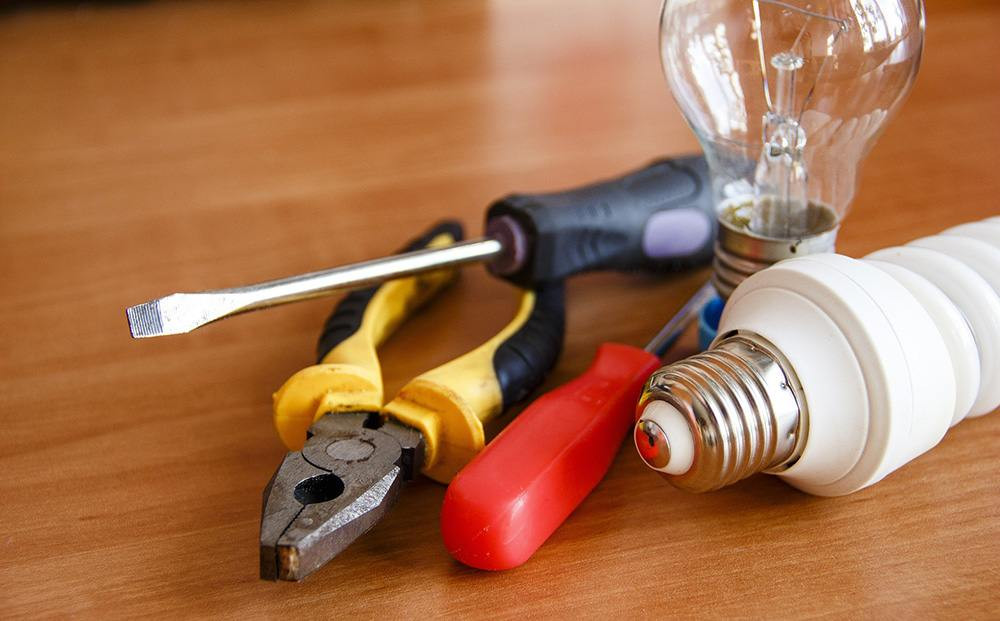With our increased reliance on digital products and smart devices, our homes and businesses are reliant on electricity. This means that the electrical sector is thriving and there’s never been a better time to begin a career as an electrician.
From the ability to work for yourself and take on new challenges every day to the great salary and demand for electricians, starting your own electrical company could be the best decision you’ve ever made. From gaining the necessary qualifications through to marketing your services, these are the key steps to take in order to set up a successful electrical business for yourself.
Why train as an electrician?
Working as an electrician is an incredibly rewarding job, not only from a job satisfaction perspective but also financially. There’s
a huge demand for electricians in the UK at the moment, so it’s the ideal trade to learn if you’re someone who enjoys working with different people and wants a hands-on job. There are various areas you can specialise in within the sector, from renewables to becoming a master electrician, and there’s always something new to learn as technologies evolve. Electricians have the option of working for themselves and setting up their own firm, or working with an established company, but there’s also flexibility to choose your own hours and schedules.
Get qualified
Before you can start working as an electrician, you need to be fully qualified. There are several ways you can do this, depending on your circumstances and how you learn best, from
apprenticeships where you’ll learn the skills required while you earn a wage, to class-based learning. Through a training course, you’ll not only learn the trade and the skills required to carry out electrical jobs, but you’ll also make valuable contacts and pick up other useful tips like how to deal with business matters.
Gain experience
Working under the guidance of a professional with years of experience can be incredibly valuable, so once you’re qualified, it can be helpful to get some in-person experience to put your new-found skills to use. It will teach you how to interact with customers and clients, and how the industry works, which can be beneficial if you plan to set up your own firm.
TIP: Following your training, work experience with a mentor will also help you to build up your contacts and grow your client base. As a self-employed business owner, this can give you a head start when you’re out on your own.
Establish your business goals
So, you’re qualified and you’ve gained your experience. The next step to setting up a business is to establish your goals and identify the steps needed to achieve them. The best way to do this is by
creating a business plan, which will:
- outline the key goals of your business
- analyse the local market and your main competitors
- detail your marketing strategy, and
- highlight how you’ll finance the business.
A business plan is an evolving document – as your business grows and expands, your goals and strategies may also change. But, having the initial plan in place will keep you heading in the right direction and map out how you’ll get to where you want to be.
Get insurance
Accidents happen to everyone, even the most competent of professionals. But you don’t want to be dealing with the aftermath of unforeseen events without insurance to back you up. In an industry where you’ll be working with other people and in homes and business premises,
insurance is an essential aspect of running a successful company. There are various insurance packages to choose from, but selecting a tailored package that handles the nuances of working as an electrical contractor could be the best choice, as this will cover you for public liability, professional indemnity and more.
Build your brand reputation
In order to run a successful company, you need clients, so building your brand and marketing your services will be critical. You want to showcase to your existing and potential customers that you provide an outstanding service, the benefits of working with you over a competitor, and your prices. If no-one knows that your services exist, how will they know to choose them?
Marketing strategies come in all shapes and sizes, from word of mouth from previous happy customers who can recommend your services to social media content, making contacts with other tradespeople, utilising your website or even promoting your brand name and contact details on your company vehicle.
Key takeaways
Whether you’re just starting out on the career ladder or you fancy a change of direction and a new challenge, training as an electrician and starting your own business is a rewarding and fulfilling option. With so much demand for electricians at the moment, and no signs of the demand slowing any time soon, now is the time to take the leap and set up your own thriving business providing electrical services for customers in your local area.
Guest contributor
Guest contributor







